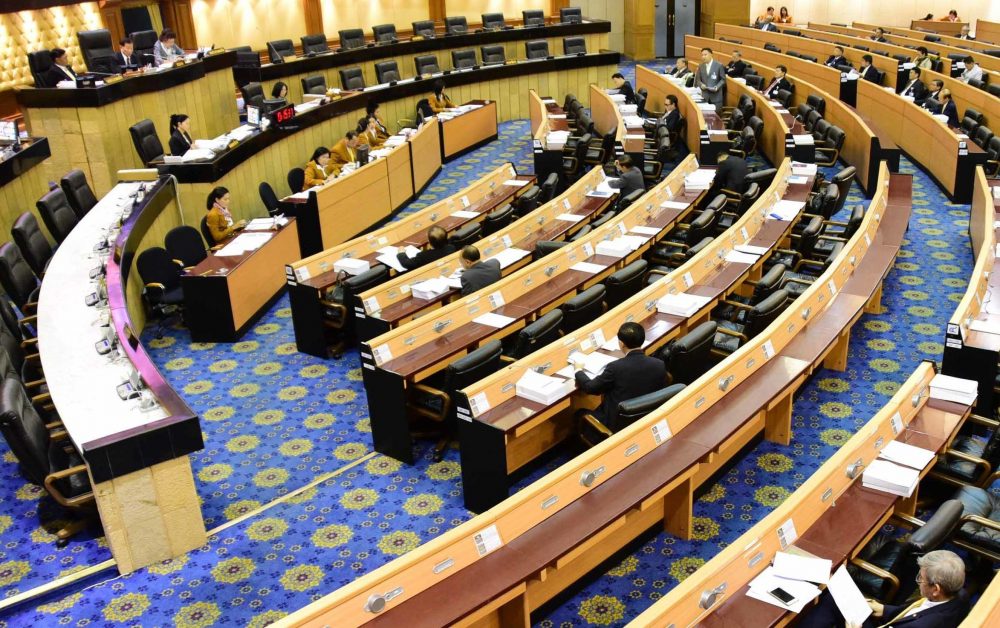After the passage of the junta's controversial media bill, three consumer rights organisations demanded the bill be scrapped to protect Thailand’s democratic values.
On 2 May 2017, a network of consumer rights organisation consisting of Foundation for Consumers, Confederation of Consumer Organisation and Independent Committee for Consumer Protection, published a statement denouncing the Protection of Media Rights and Freedom, Ethics and Professional Standards Bill.
The network argued that the bill does not aim to protect media freedom as it try to claim but to threaten them instead. The reservation of two seats for government officials in the National Council of Media Professions (NCMP) reflects that the bill drafters do not sincerely want to protect freedom of media.
“The deprivation of freedom of media is the deprivation of people’s right and freedom to access information which is protected under the 2017 constitution. These two freedoms are the fundamental principles needed to be protected in democratic society,” read the statement.
The statement suggests government should take the model of media regulations in foreign countries where media and civil society work together with a government acting as a mere facilitator.
The consumer network also condemned the National Reform Council (NRC)’s decision to approved the law and urge for immediate termination of the bill.
“[The network] therefore has three requests; 1) immediately terminate the bill, 2) draft a new bill where every sector can participate in without the regulations from the government or government representatives, 3) strengthen people’s capacity to become citizens with media literacy and protect freedom of information,” read the statement
The junta’s NRC gave a green light to the bill on 1 May and submitted the draft to the junta-appointed National Legislative Assembly for final approval.
The bill would establish a National Professional Media Council consisting of at least two government officials out of 15 members. The council will have the authority to approve or revoke media licences, with unlicensed media facing fines.
The bill states that all people profiting from the production of media are subject to its regulations, raising public concerns that popular websites, Facebook pages and YouTube channels will require licences as well.

NRC passed the bill with 141 votes in favour, 13 against and 17 abstentions (Photo from Matichon)